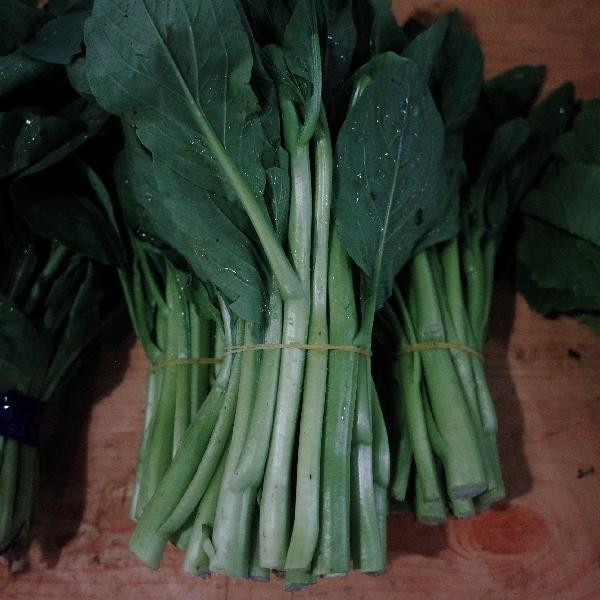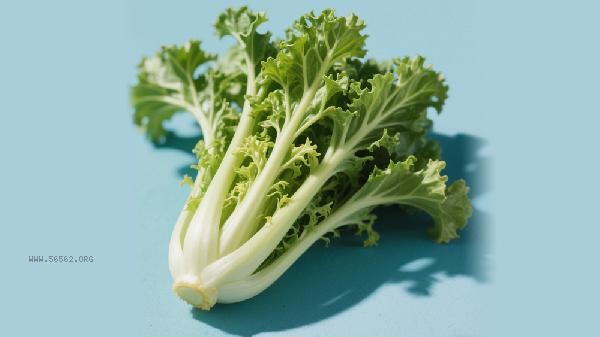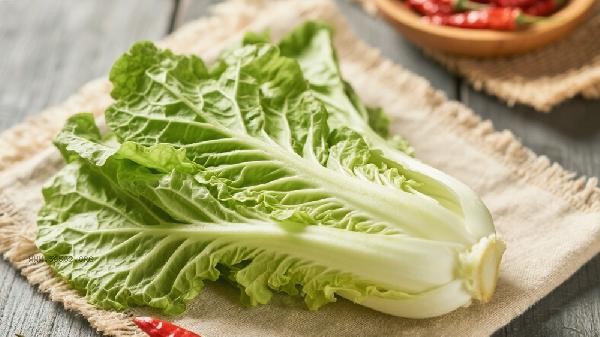Mustard seeds with a bitter heart are usually edible, and the bitterness mainly comes from natural ingredients such as glucosinolates. The bitterness level of mustard heart is related to factors such as variety, growth environment, cooking method, etc. Moderate consumption will not affect health. Mustard heart belongs to the cruciferous vegetable family, and its bitter substances have antioxidant and anti-inflammatory effects, which are beneficial to health. After blanching or stir frying at high temperatures, the bitterness of fresh mustard greens will be significantly reduced. Some people may be sensitive to bitterness and can balance the taste by pairing it with ingredients such as meat, mushrooms, or soy products. Choosing tender stem parts and removing old leaves can also reduce the intensity of bitterness. In rare cases, the abnormal bitterness of mustard greens may be caused by heavy metal pollution or spoilage. If bitterness is accompanied by a pungent odor or leaf decay, it should be immediately stopped from consumption. Excessive use of pesticides during the planting process may also lead to increased bitterness. It is recommended to choose vegetables purchased through regular channels and wash them thoroughly. People with weak gastrointestinal function who consume a large amount of bitter vegetables on an empty stomach may experience discomfort.

For daily consumption of mustard greens, it is recommended to blanch them in water for 30 seconds to remove some bitter substances, and pair them with spices such as ginger, garlic, or chili to enhance the flavor. Consuming 2-3 times a week of cruciferous vegetables can help supplement dietary fiber and vitamin K, but individuals with thyroid dysfunction need to control their intake. Wrap with plastic wrap and refrigerate during storage to delay the formation of bitter substances. It is recommended to consume within 3 days.











Comments (0)
Leave a Comment
No comments yet
Be the first to share your thoughts!